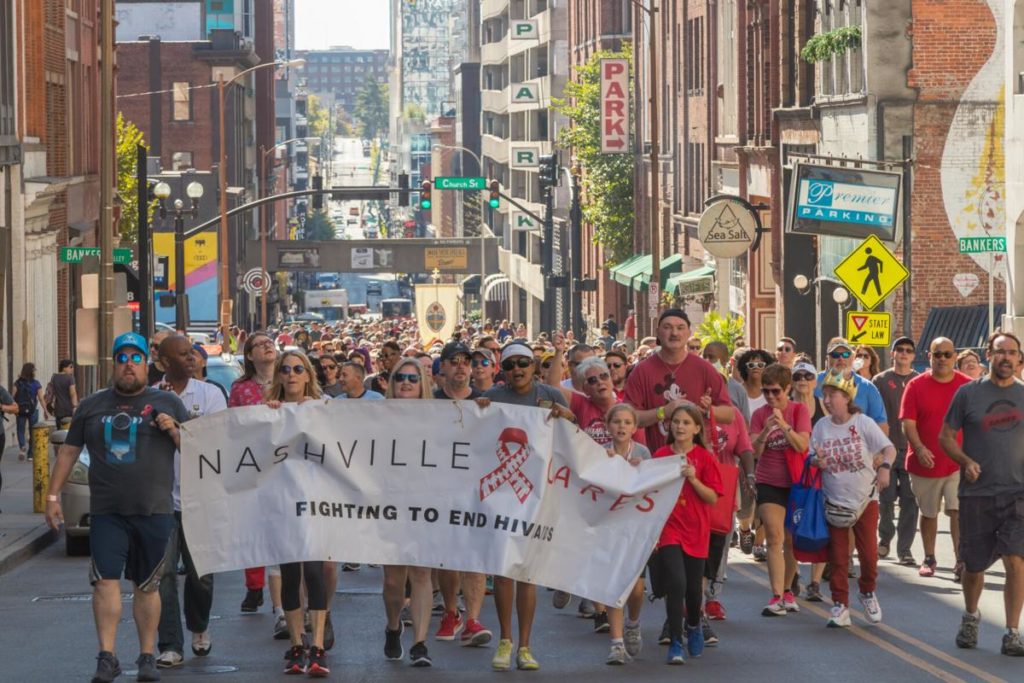
The South represents more than half of all new HIV cases in the U.S., and the region is making slower progress than the rest of the nation, according to the latest HIV/AIDS figures kept by the Centers for Disease Control and Prevention.
After years of steady numbers, new HIV cases jumped in Nashville in 2019 to 156, according to tracking by Emory University.
“There’s been stagnant progress,” Dr. Aima Ahonkhai, an HIV researcher and clinician at Vanderbilt University Medical Center, said on Wednesday’s This Is Nashville, marking World AIDS Day. “This is what happens in a public health, communicable disease like this. If you take the brakes off, if you say, ‘OK, that’s not a problem anymore, it doesn’t exist,’ it actually won’t go away. In fact, it will get worse.”
New cases seemed to take another jump in 2020 with 213 diagnoses in Davidson County, though public health officials caution that the pandemic likely had an effect.
Still, the rate of infection in Nashville is twice the statewide average, despite a daily pill that’s now available to prevent HIV transmission.
Disparities with the disease have not improved either, to the disappointment of researchers and prevention specialists.
“A significant number of the African Americans who were impacted by HIV were from the beginning — and continue to be — Black, gay and bisexual men,” says Joseph Interrante, who recently retired after 25 years leading Nashville Cares.
Of new HIV cases in Nashville, nearly 60% are Black — a much larger racial disparity than in other parts of the country, according to CDC stats.
Dwayne Jenkins, who started the first Black HIV outreach program in the city, now leads LGBT prevention for Nashville Cares. He says the clinic is trying to get its teams back in schools and community institutions after being pushed out by the pandemic.
The HIV treatment and prevention nonprofit has also launched a mobile medical unit to provide testing and other services.

